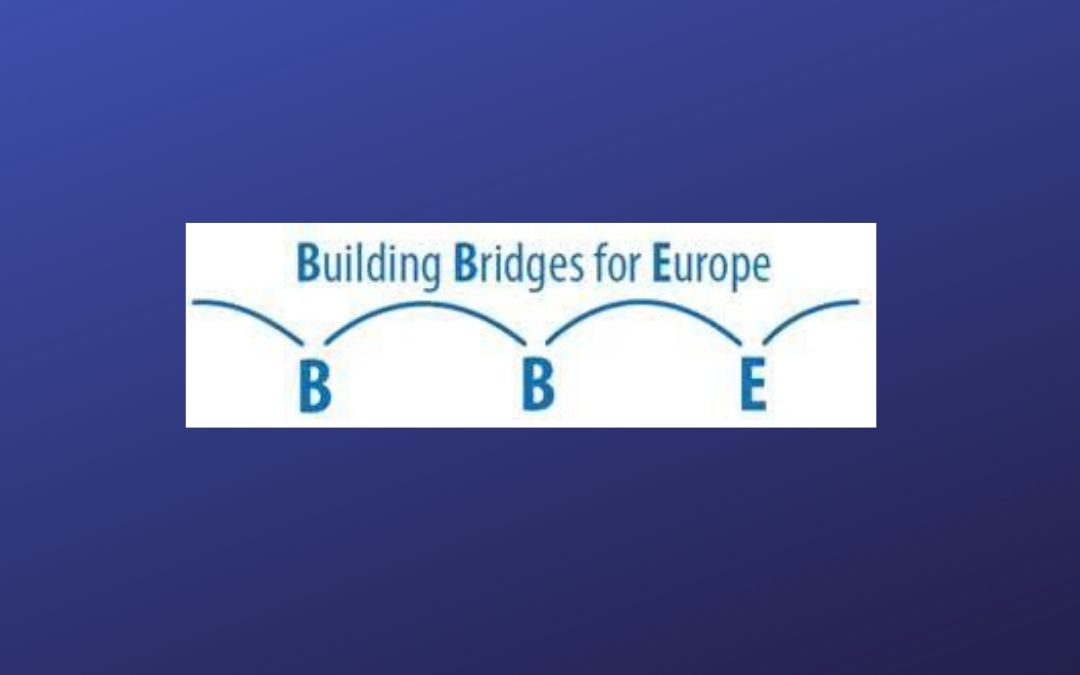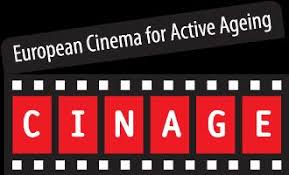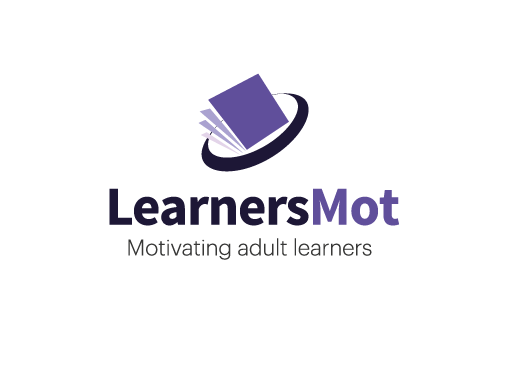Building Bridges for Europe, was a pleasant and fruitful project experience
Nine partners united in BBE an Erasmus+ project initially meant just for exchanging good practices in adult education. With this idea in mind, BBE started in Ruse, a former Bulgarian shipyard town on the Danube – a town that had lost 1.500 inhabitants when the shipyard closed down. Via Zagreb in Croatia and Roggenburg in Germany the project ended up in the small, but pleasant, Italian Mola di Bari on the Adriatic coast.
Partners devoted their transnational meetings to reciprocal and mutual learning about their outstanding EU projects and representative methods, but it became clear, that the BBE project would go beyond what had been planned originally. Partners decided to establish categories of methods – discovery, explanatory, informative and so on. They created a matrix for collecting, categorising and analysing the research and teaching/learning methods for furthering European values: European awareness and identity, intangible cultural heritage, peace, critical thinking, etc.
U3A opted for the presentation of its (1) Personal Town Tours – Slovenian version – older learners’ newly acquired knowledge of architecture and urbanism was integrated in older learners’ exploratory or expansive learning. (2) CINAGE, European Film for Active Ageing was about active ageing competencies proposed by WHO and older learners’making of short featured films about their active ageing and finally (3) ECIL – European Certificate of Intergenerational Learning using Moodle.
The projects were chosen for both their quality and highly representative character of the project methods employed.
CINAGE spurred a new strong interest in visual literacy, reading cinematographic text and making short featured films as a learning tool in older adult education. Consequently, visual literacy has become one of “the” topics of Slovenian U3A now being dealt with theoretically and practically in further Slovenian U3A’s EU projects SLIDE and SPIDW as well as regular trainings for mentors in older adult education.
In the framework of Personal Town Tours, a European Grundtvig project run from 2012 to 2014, seven students from Slovenian Third Age University gained knowledge and learned methods for exploring the inhabitants’ stories on the buildings and urban space of their town. Exploratory learning was followed by writing and designing a book on Ljubljana, personal itineries were established and presented. The methods used in the project were exploratory or expansive learning, interviewing, etc. In its evaluation the German National Agency highly scored the project and named it best practice. Building Bridges for Europe was conducted by partners of the European umbrella organization Danube-Networkers for Europe (DANET) e.V. and coordinated by the affiliated institute ILEU (Ulm, Germany). More about DANET click here!
How to trigger primary motivation for learning in low educated and low skilled adults using ICT Tools
EAEA named LearnersMot best practice. Even though the percentage of adults in education is growing every year, there is still a big group of people out of learning. As shown by statistics, normally the ones who are left out of education are the ones that need it the most – low-educated individuals, for whom education has become unobtainable not only due to their social and economic status but also due to inner barriers of fear and shame, and thus lack of motivation.
The Gruntvig award 2019 participant, project LearnersMot, strives to help low-educated adults develop their primary motivation to get involved in learning through the use of ICT tools and modern teaching methods. The project was coordinated by Edensol – Danmarc, Spain.
Crunchy bread in the old town of Ljubljana and the project Bread Connects
EESC awarded the project Taste of Danube – Bread connects named it the best Civil society project in Europe. The project reasserts European values, celebrates the diversity of Europe’s many identities and promotes cultural heritage as a way of reuniting Europeans.
Slovenian U3A contributed a bi-lingual publication written by its Study circle of journalism and its own project conducted by its Study circle on architecture who collected stories of Ljubljana’s townspeople on the Old Town as well as post-war baking and consuming bread.
Dušana Findeisen (dusanafindeisen1@gmail.com), Slovenian U3A



